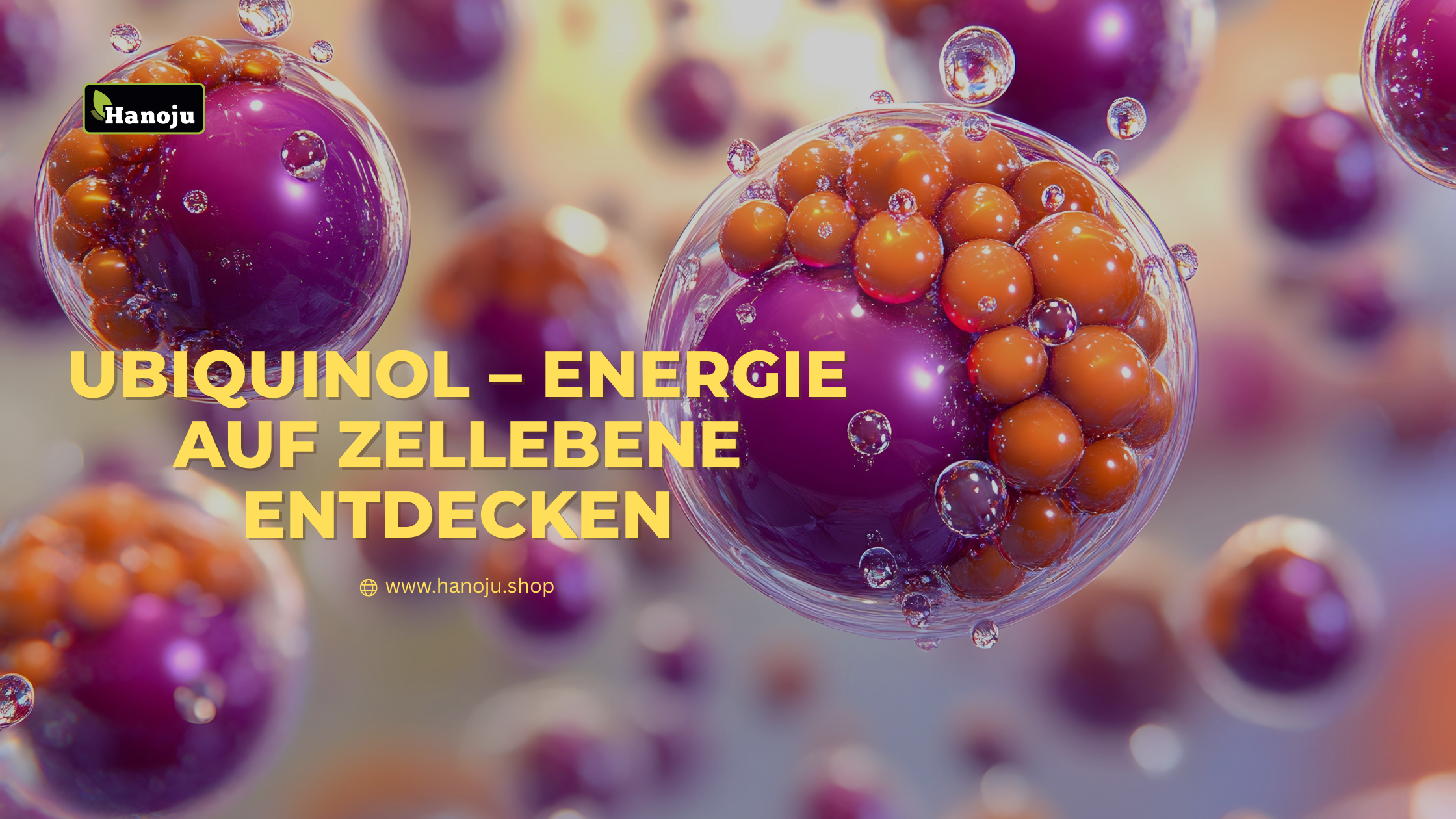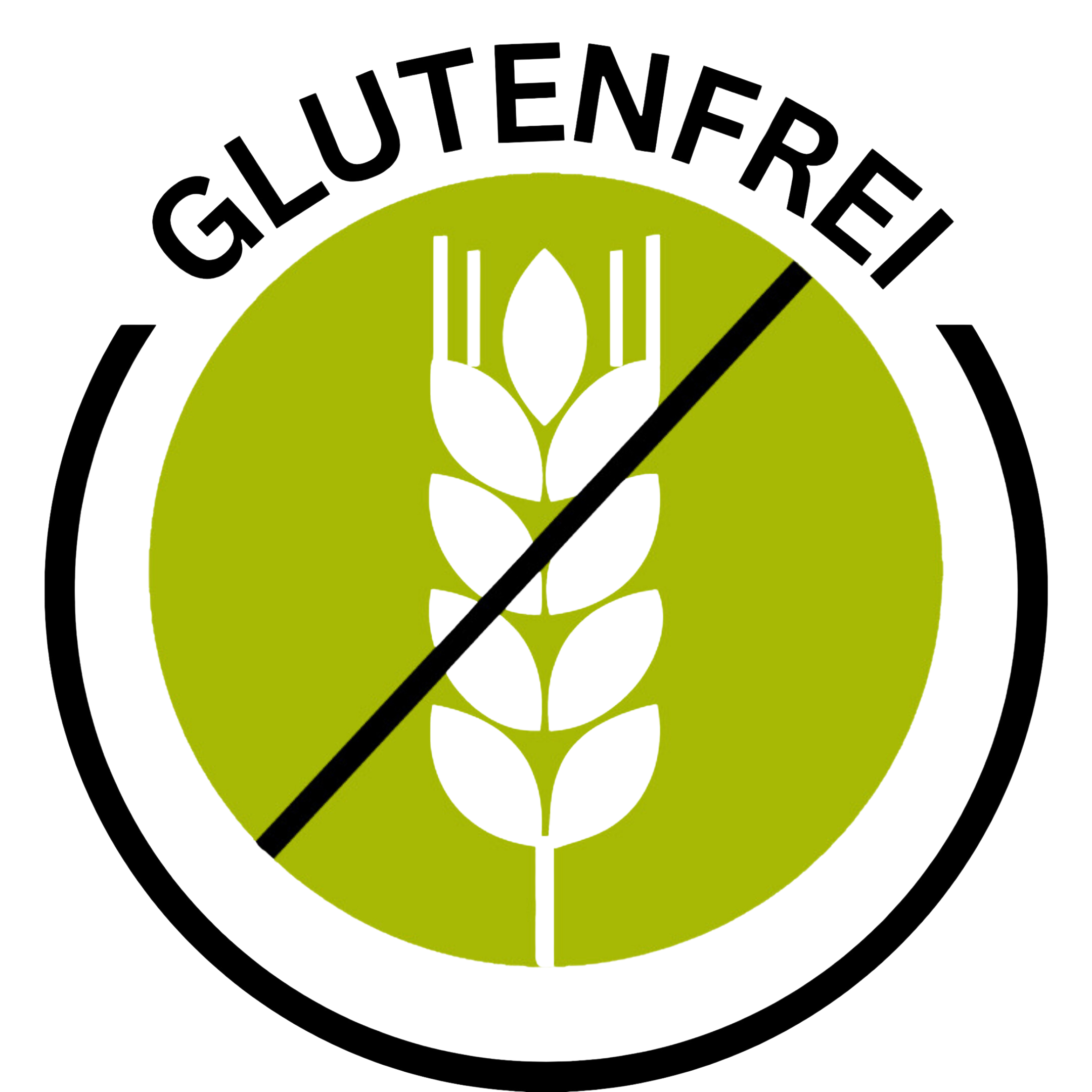What is ubiquinol and why is it important for healthy aging?
Ubiquinol is the active, antioxidant form of coenzyme Q10 (CoQ10), a substance found in every cell of the body. As we age, the body's ability to convert CoQ10 to ubiquinol decreases, which can impair cell function and lead to health-related aging problems . Ubiquinol helps maintain optimal energy levels and cellular health , protects against oxidative damage, and supports the body's repair mechanisms .
How ubiquinol protects cells over time
-
Strong antioxidant protection effect
One of the main benefits of ubiquinol is its ability to neutralize free radicals . Free radicals are unstable molecules that can damage cells over time and promote aging and disease. Ubiquinol acts as a powerful antioxidant , protecting your cell membranes , DNA , and mitochondria from oxidative stress, which accelerates aging. -
Supports mitochondrial function
Mitochondria are the energy producers of cells. With age, mitochondrial function declines, leading to reduced cellular energy and overall vitality . Ubiquinol helps nourish the mitochondria and ensures they continue to produce the necessary energy for proper cellular function. -
Cell repair and regeneration
Ubiquinol is involved in the activation of proteins such as sirtuins , which are responsible for DNA repair and the repair of cellular components. By promoting these processes, ubiquinol helps maintain cell integrity and promote healthy aging . -
Supporting cardiovascular health
The heart is one of the organs most affected by aging. Ubiquinol supports cardiovascular health by improving energy production in heart cells and reducing oxidative damage. Healthy blood vessels and proper heart function are crucial for overall well-being and vitality in old age. -
Promoting skin health
With age, collagen production decreases, which can lead to wrinkles and sagging skin. The antioxidant properties of ubiquinol help protect skin cells from oxidative damage, which can contribute to skin aging . By supporting cellular repair , ubiquinol can help preserve skin elasticity and appearance over time.
How to integrate ubiquinol into your routine
To get the most out of ubiquinol supplementation for healthy aging, choose a high-quality product with bioavailability to maximize absorption. A daily dose of 100 mg to 200 mg of ubiquinol is typically recommended for adults, depending on individual needs and health goals.
Ubiquinol Kaneka® is a proven product that provides 100 mg per capsule and also contains organic MCT oil to enhance absorption. For those looking to support their vitality and healthy aging , Ubiquinol Kaneka® is an excellent choice. Learn more here . .
Expected benefits of ubiquinol for healthy aging
- Increased Energy : Users often report increased energy and vitality because ubiquinol supports mitochondrial energy production.
- Better cell health : By neutralizing free radicals, ubiquinol supports overall cell health and helps protect them from oxidative damage.
- Improved cognitive function : Ubiquinol may help support mental health and memory , which often decline with age.
- Heart and skin care : Ubiquinol supports heart function and skin health, which are crucial for healthy aging.
Conclusion: Ubiquinol's role in healthy aging
Ubiquinol is a powerful dietary supplement that may play a significant role in healthy aging by protecting cells from oxidative stress, supporting mitochondrial function , and promoting cellular repair . If you're looking to boost your energy, improve skin health, or support your heart, ubiquinol offers a natural way to promote well-being over time.
Disclaimer
The information in this blog is for educational purposes only and is not intended to diagnose, treat, cure, or prevent any disease. The effects of ubiquinol supplements may vary from person to person. Always consult a healthcare provider before taking any new supplement.
References
- Ubiquinol and healthy aging: A comprehensive review . Journal of Aging Research & Clinical Practice.
- Coenzyme Q10: A Review of Aging Benefits . National Institutes of Health (NIH).
- The role of antioxidants in the aging process . Journal of Clinical Nutrition.








Leave a comment
This site is protected by hCaptcha and the hCaptcha Privacy Policy and Terms of Service apply.